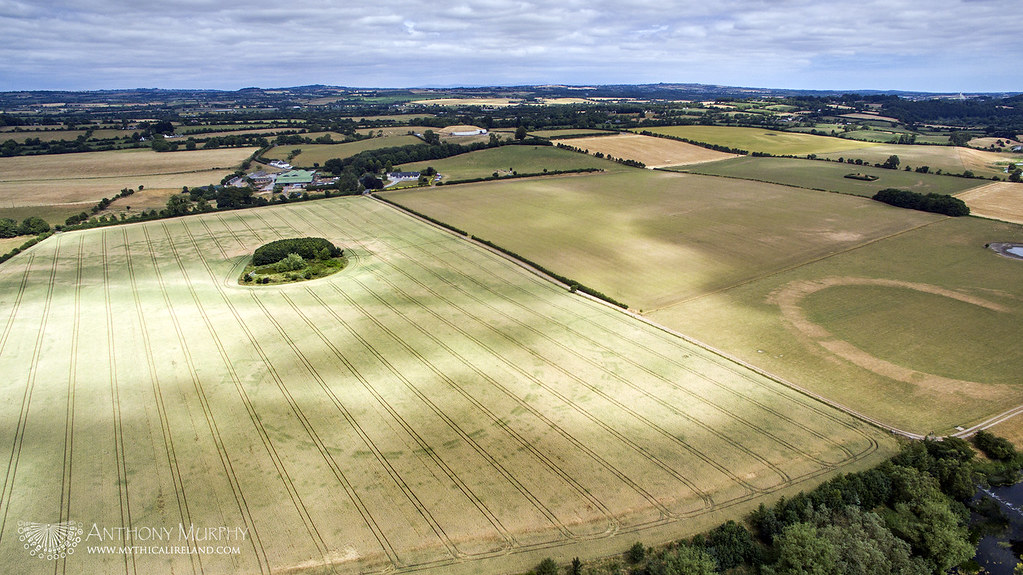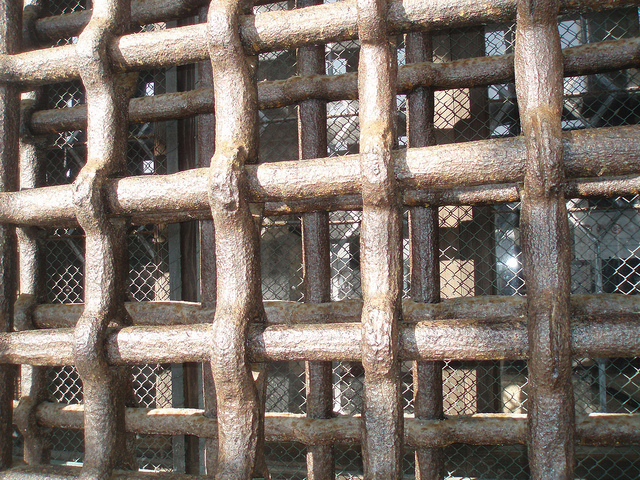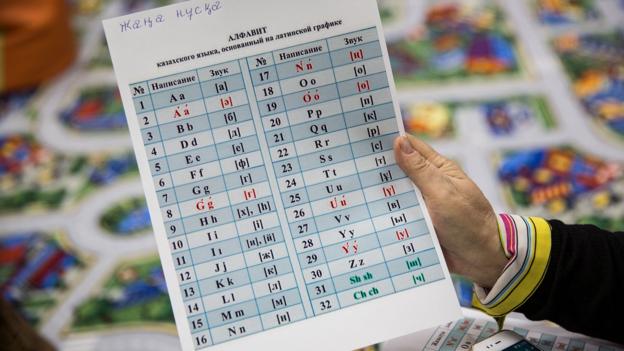The dry summer days show off structures ordinarily not visible at ground level, or even like this from the air when all is well watered at other seasons and even during the summer of a typical rainfall year. Here are a few structures in the vicinity of Eire's giant New Grange stone building of millennia ago, https://www.flickr.com/photos/mythicalireland/41635425520/in/explore-2018-07-16/
No doubt these will contribute to the mapped locations and finds across the hilltops through the British Isles around the time that implements and weapons of iron overtook the weaker points of bronze (admixing copper with tin) and before that the artifacts of copper alone.
| I was at the centre of a major archaeological discovery in the Boyne Valley last week. Using a drone, I found a massive crop mark which is believed to be the footprint of a huge late Neolithic henge or enclosure. I was flying with Ken Williams at the time. The markings are only visible because of the prolonged drought in the area. |
| |
|






